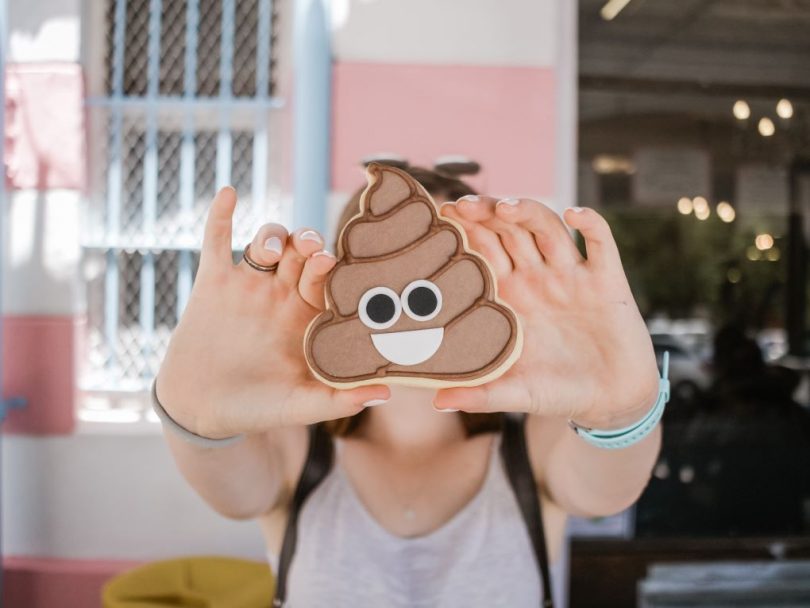Have you ever found yourself on a relaxing holiday only to face the discomfort of constipation? You’re not alone.
With summer travel picking up, we asked Providence Health Care physiotherapist and pelvic floor specialist Susanna Johnston, to weigh in on constipation—infrequent bowel movements (BM) or difficult passage of stools—while on vacation.
Is short-term constipation a big deal?
The short answer is “no.” Johnston confirms occasional constipation won’t usually result in complications. That said, the feeling isn’t exactly a comfortable one, and if you’re dealing with it often, it can lead to a host of other issues.
“Commonly when dealing with constipation people will strain to have a BM,” says Johnston “which can cause hemorrhoids or anal fissures.”
Why can travel cause constipation?
Johnston says, “Often when people travel, they drink less water and can become dehydrated. A lot of water is absorbed back into the large intestine so when we are dehydrated our stool becomes harder and therefore more difficult to pass.”
We also tend to stray from our usual diets when travelling, sometimes eating larger quantities of food, or foods with less fiber.
The changing time zones and long flights are contributing factors as well; our bodies like routine.
There are preventative measures you can take.
Johnston’s top tips for preventing constipation when travelling include:
- Stay hydrated—for most people this means drinking six to eight cups of water each day.
- Try to maintain your bowel routines—if you get the sensation you need to have a BM, try and find a toilet.
“It’s important to listen to your urges, and when travelling, when a bowel movement is delayed, the stool can become more firm and difficult to pass, and the body can sometimes lose the message we need to have a BM which can worsen constipation” says Johnston.
- Eat high-fibre foods and avoid large meals—think lots of fruits and vegetables.
- Stay active—take a walk around the airport before your flight and get up from your seat at least every hour.
Lastly, if you know you’re more prone to constipation, speak with your doctor about taking a pre-emptive stool softener.
You’ve done all you can to prepare, but it still happens.
All is not lost. There are steps you can take to get things moving.
Johnston confirms the abdominal massages shown in a viral video have been studied and there is evidence to support their use.
Massaging the abdominal or intestinal area can increase gut motility—the movement of stool through the large intestine. Johnston frequently teaches it to patients to manage constipation.
Other tips and tricks Johnston suggests include:
- Keep your knees higher than your hips when sitting on the toilet—you can use a stool or come up on your tip toes. Lean forward with your elbows on your thighs. This position puts the rectum in a better position to empty the stool.
- Don’t strain to pass your bowel movement—give yourself a few minutes to relax on the toilet and try taking deep belly breaths which will help with relaxation and also put pressure downwards onto the gut and help initiate the bowel movement. If nothing happens in five minutes, get up and wait for the next urge.
Sometimes you may need extra help.
If you’ve tried the above tricks and nothing seems to be working, and it has been more than two or three days, you could speak to your pharmacist about taking laxatives.
Keep in mind that if you’re regularly having fewer than three BM’s a week, you have severe abdominal pain or bloating or you develop nausea and/or vomiting, it’s time to see a doctor.
Go forth and enjoy your summer travels knowing with the above tips in mind, you’ll be a little more comfortable.





